To provide the best experiences, we use technologies like cookies to store and/or access device information. Consenting to these technologies will allow us to process data such as browsing behaviour or unique IDs on this site. Not consenting or withdrawing consent, may adversely affect certain features and functions.
The technical storage or access is strictly necessary for the legitimate purpose of enabling the use of a specific service explicitly requested by the subscriber or user, or for the sole purpose of carrying out the transmission of a communication over an electronic communications network.
The technical storage or access is necessary for the legitimate purpose of storing preferences that are not requested by the subscriber or user.
The technical storage or access that is used exclusively for statistical purposes.
The technical storage or access that is used exclusively for anonymous statistical purposes. Without a subpoena, voluntary compliance on the part of your Internet Service Provider, or additional records from a third party, information stored or retrieved for this purpose alone cannot usually be used to identify you.
The technical storage or access is required to create user profiles to send advertising, or to track the user on a website or across several websites for similar marketing purposes.
 The enduring struggle to improve the working conditions and performance of people through the design and management of workplaces carries more than a whiff of the Enlightenment, a period in which pure reason was seen by its proponents as more than enough to convince the world of the ways in which we could improve the human condition. It’s a battle that was won in some ways but which endures. (more…)
The enduring struggle to improve the working conditions and performance of people through the design and management of workplaces carries more than a whiff of the Enlightenment, a period in which pure reason was seen by its proponents as more than enough to convince the world of the ways in which we could improve the human condition. It’s a battle that was won in some ways but which endures. (more…)






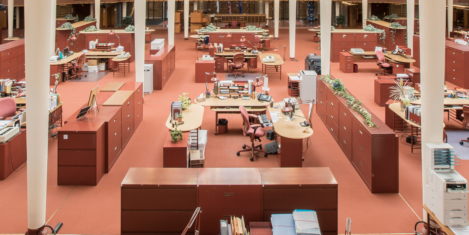


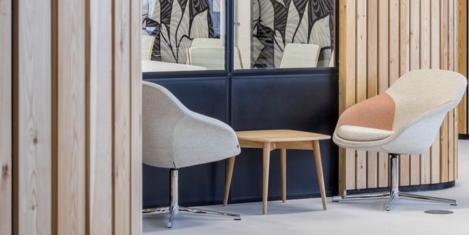
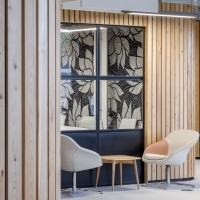
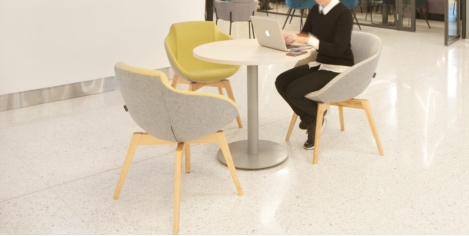
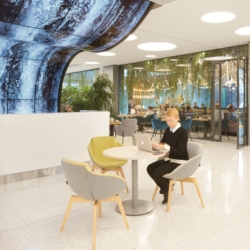


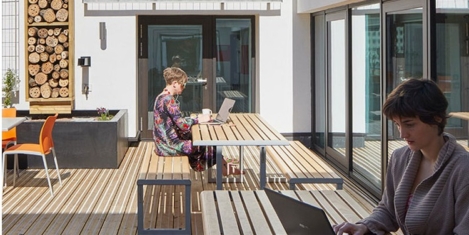
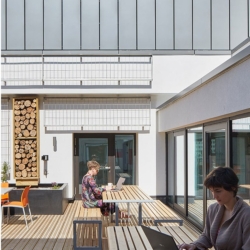




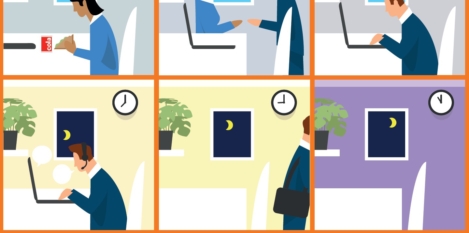
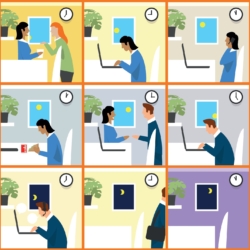













September 23, 2020
The stage is set for the next phase of working life
by Mark Eltringham • Comment, Flexible working, Technology, Wellbeing, Working lives